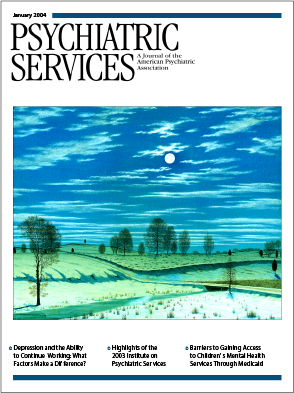The Politics of Deviance
I found The Politics of Deviance a very difficult and disagreeable book to read. The author, Anne Hendershott, a professor of sociology at the University of San Diego, "argues against the grain of [her] own discipline" in an attempt to revive the study of deviance largely abandoned by social scientists over the past 30 to 40 years. Building on the work of Emile Durkheim, Dr. Hendershott argues that "deviance is an integral part of all societies because it affirms cultural norms and values. All societies require moral definition; some behaviors must be identified as more salutary than others."
However, this argument seems to deny the natural and inevitable evolution of our understanding of the range of healthy variance in human behavior—as well as our capacity for empathy for those who are different. Although the author's concerns about arguments for the normalization of pedophilia seem hard to disagree with, her regressive view and lack of understanding of an entire spectrum of human behavior, suffering, and triumph—despite evidence to the contrary—is quite troubling.
Hendershott's attacks on the mental health and substance abuse fields and on persons seeking help from their suffering are disturbing. Her apparent commitment to stigmatization and devaluation are a throwback to a time fortunately long past in the mainstream of American social thinking. For example, she claims that "Mental health practitioners in conjunction with the mental advocacy community and the pharmaceutical companies appear to have gained control over the conceptualization of mental illness. Because of the power we have given to 'experts' to redefine deviant behavior as medical problems, our lives are increasingly controlled by the medical elite."
I believe that that these are inflammatory and ultimately unsupportable allegations and arguments of discrimination made under the cloak of academic legitimacy. The author takes on not only mental illness but also substance abuse, homosexuality, AIDS, and euthanasia. Her approach involves more than simply taking issue with political correctness; this is a return to the politics of divisiveness and exclusion based on a lack of understanding and compassion.
In this we find the real and potent danger in the resurrection of the study of deviance. It is no wonder that a majority of sociologists have decided to leave it behind—relegating it to a well-deserved place in history rather than contemporary study. Far from making the case that we should return to the study of deviance, Dr. Hendershott clearly demonstrates the hurtful and unnecessary segregation and shaming of those who are different embedded in such a pursuit. Her premise and her work should be rejected.
Dr. Adams is medical director of adult services in the California Department of Mental Health in Sacramento.



